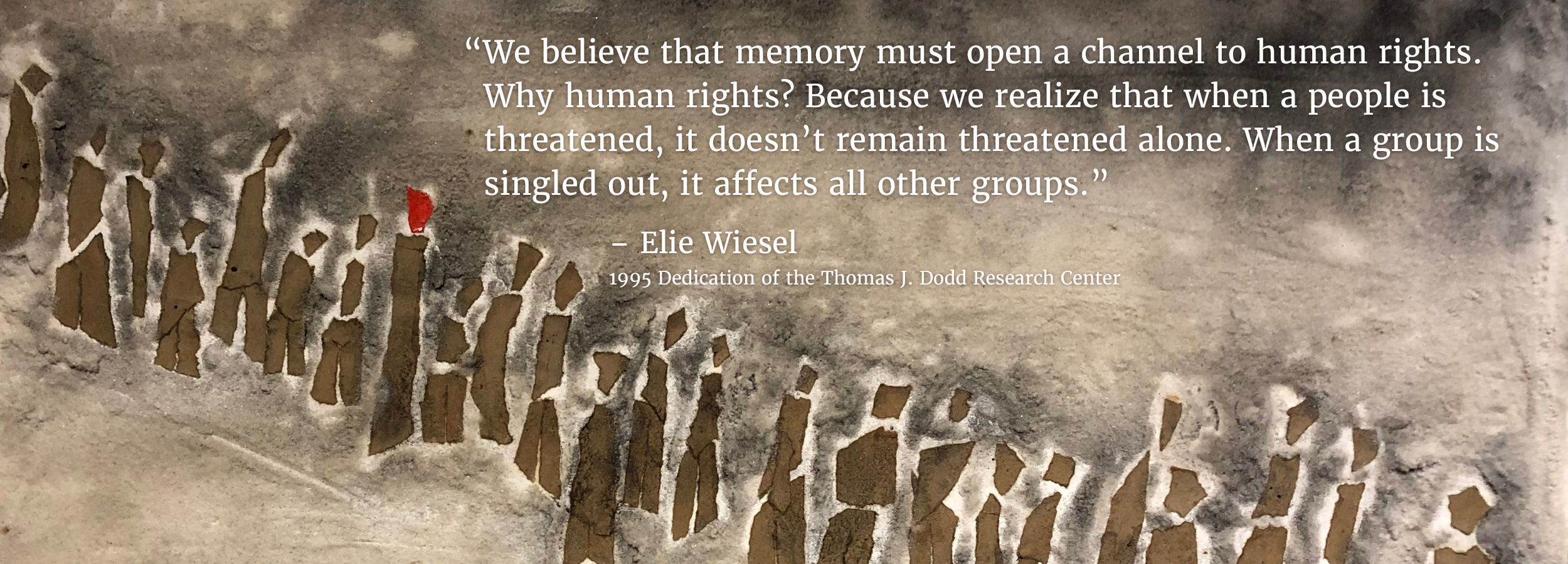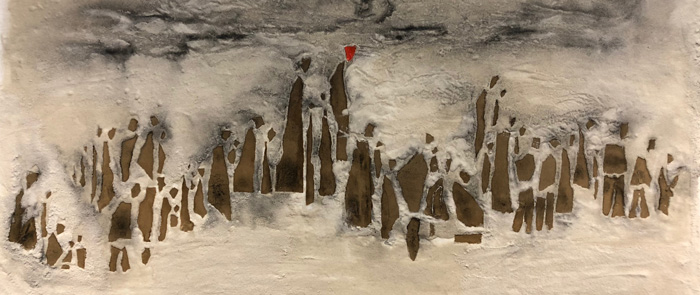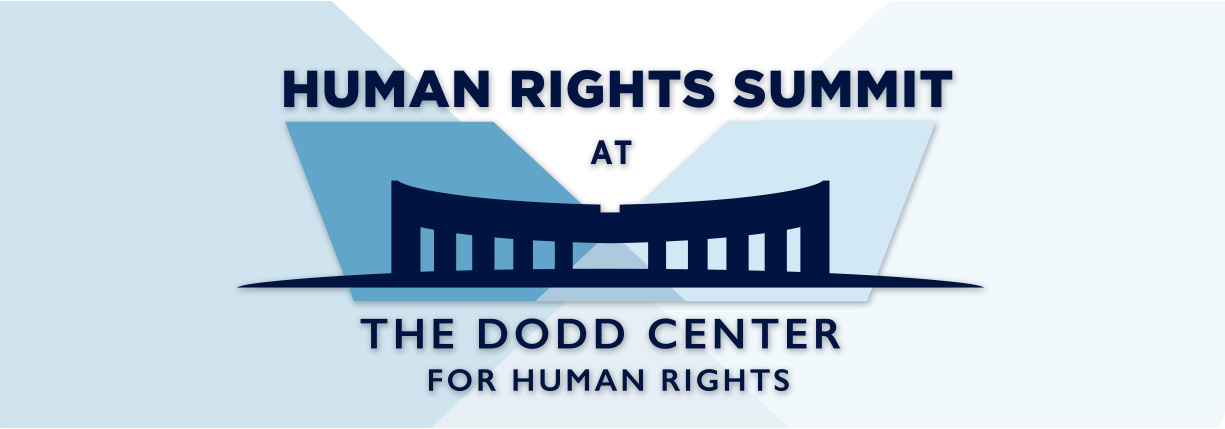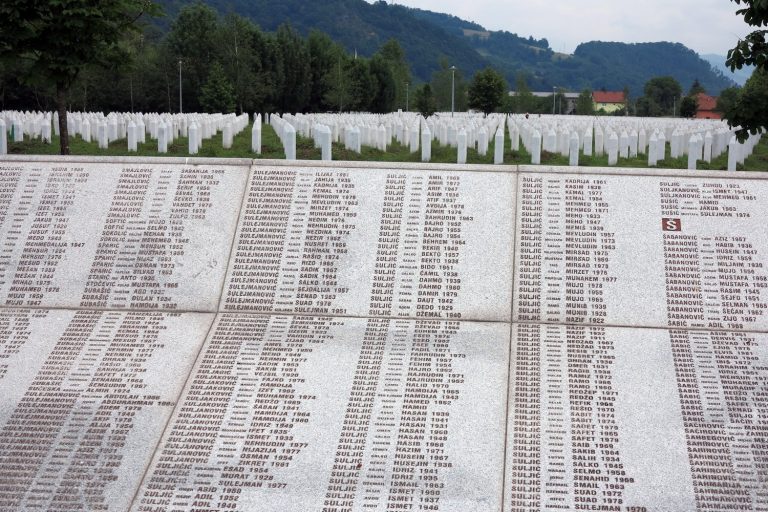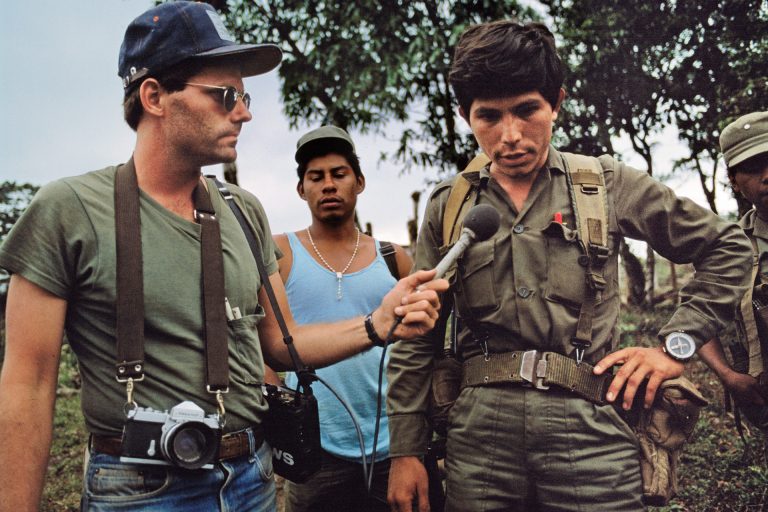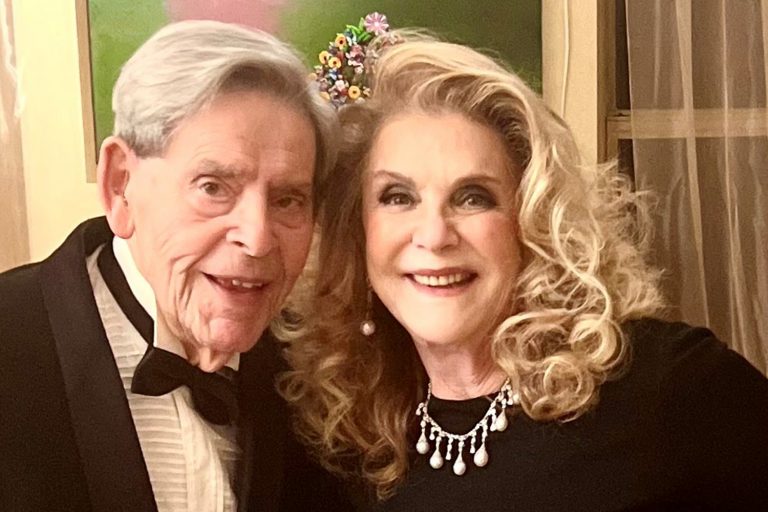Reflections on the importance of the newest addition to UConn’s ICTY Digital Archives, the Srebrenica Genocide Archives Collection.
It all started with a Polaroid Swinger camera and leather-bound diary
The gift from Judy Sarna and her late husband, Morris, is the largest gift from a single, private donor that the Neag School of Education has received in the past 25 years
A group of UConn students recently forged new academic and social bonds with peers from throughout the Middle East and North Africa as participants in a virtual global “hackathon”
